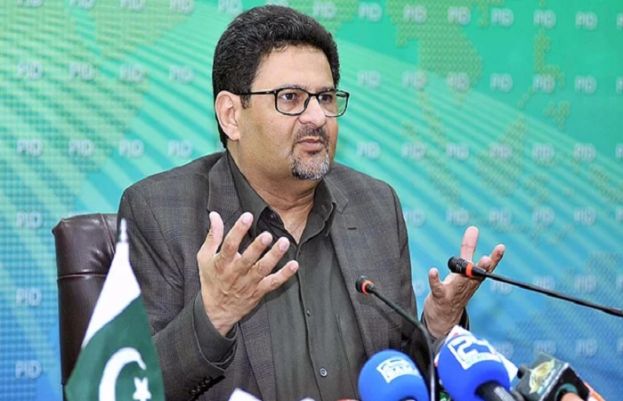
In his address to an event at the Pakistan Stock Exchange (PSX) in the metropolis, the finance minister said: "We are on the right track, but obviously we might see bad days. However, we are on the right track and if we control our imports for three months, we can boost our exports through various means."
The incumbent government faced an uphill task of ending oil and power subsidies when it came to power — and after much deliberation, it did put an end to them as the country needed the support of the International Monetary Fund (IMF).
Pakistan reached a staff-level agreement with the IMF last month followed by months of deeply unpopular belt-tightening by the government, which took power in April and has effectively eliminated fuel and power subsidies and introduced new measures to broaden the tax base.
The new government has slashed a raft of subsidies to meet the demands of global financial institutions but risks the wrath of an electorate already struggling under the weight of double-digit inflation.
Following the staff-level agreement and the tough decisions, IMF's Resident Representative for Pakistan Esther Perez Ruiz said earlier this week that the country has completed the last precondition — increasing the PDL (petroleum development levy) — for the combined seventh and eighth reviews.
An original $6 billion bailout package was signed by former prime minister Imran Khan in 2019, but repeatedly stalled when his government reneged on subsidy agreements and failed to significantly improve tax collection.
'Unwise' decisions?
Moving on, the finance minister said that the budget deficit during PML-N's previous government was $1,600 billion, and the PTI, in the last four years, raised it $3,500 billion.
"When you raise the budget deficit and also increase the loans by 80%, it has an adverse impact on the economy," the finance minister said, lamenting that the present government was "suffering" due to PTI's economic policies.
He noted that the government, after being formed, had to save the country from default, therefore, it took some immediate and short-term measures.
"Maybe it was unwise in the long-term," he noted.
The finance minister said that through the measures that the government has taken, imports will decrease, resulting in the appreciation of the rupee.
Miftah added that the country needed to boost its reserves for long-term stability and the current condition where the government had to "literally beg" countries for money "was no fun".
The rupee has been registering gains over the last few days — as the pressure on it has decreased amid a positive statement of Pakistan completing all prerequisites for the IMF loan programme's revival.
from latest-news - SUCH TV https://ift.tt/PfEFDwW



0 تبصرے